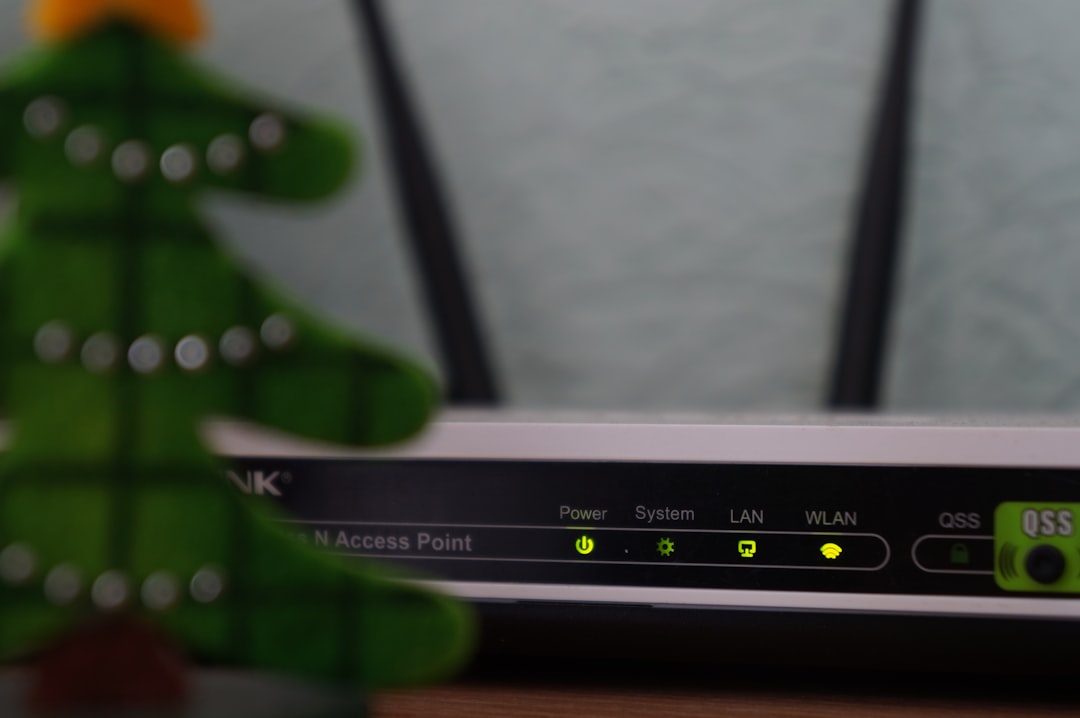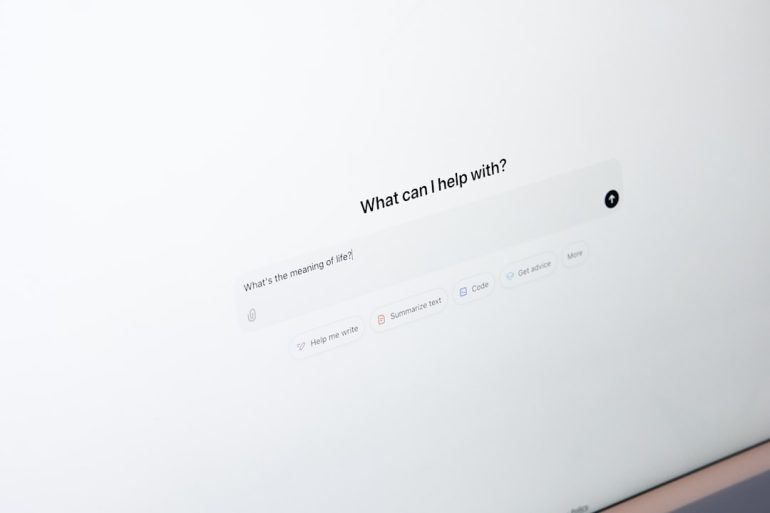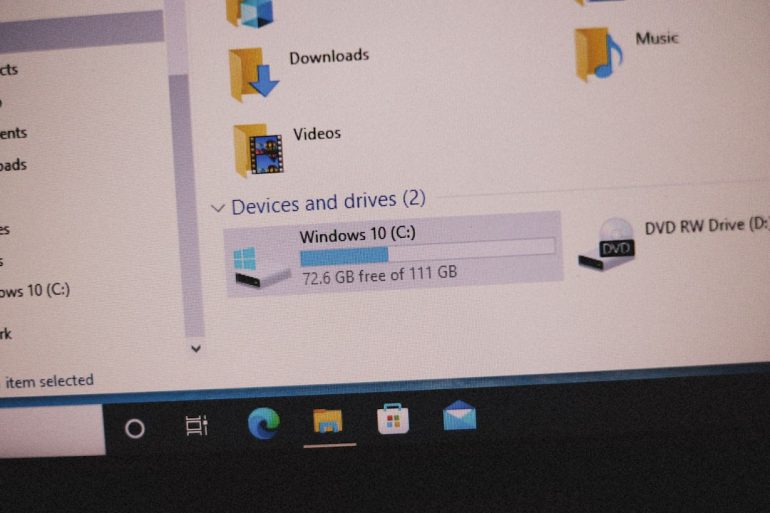Does Using a VPN Help You Book Cheaper Flights?
When planning your next vacation or booking a last-minute trip for business, one major factor that influences your decision is the cost of airfare. Over the years, many clever travelers have explored various tricks to snag cheaper flights. Among those techniques, using a VPN (Virtual Private Network) has sparked curiosity and debate. But does it really help you book cheaper flights?
Let’s take a deep dive into how airfare pricing works, how VPNs might affect those prices, and whether or not switching your digital location could actually save you money.
How Airlines Price Tickets: The Basics
Table of Contents
Airfare prices are not static. Instead, they fluctuate constantly based on a range of factors, such as:
- Time of booking – Booking too early or too late can both result in higher prices.
- Demand – Prices rise when demand increases, particularly during holidays or special events.
- Cookies and browsing history – Some claim repeated searches for the same flight can lead to price hikes.
- Location – Your geographic region may influence the price displayed to you.
That last factor—location—is where a VPN might come into play. Since a VPN can change the apparent location of your internet connection, it may allow you to see ticket prices as they appear to people in other countries.
What Is a VPN and How Does It Work?
A VPN is a tool that encrypts your internet connection and routes your traffic through a server in another location. This gives you a different IP address and makes it appear as though you are browsing from a different city or country.
For example, if you’re in the United States but connect via a VPN server in India, travel websites and airlines might treat you as an Indian user and display prices based on that location.
That raises the question: Do airlines and booking platforms offer different pricing to users based on their geographic location?
Geo-Based Pricing and Online Travel Agencies (OTAs)
Yes, in many cases, travel sites use a practice called geo-based pricing. This is when businesses charge customers different prices based on their location. Factors like local economic conditions, exchange rates, and purchasing power are often taken into account.
This is why a flight that costs $600 for someone in New York might be offered for $500 to someone searching from Thailand. VPNs can theoretically give you access to these location-based discounts—if they exist.

Testing the Theory: Does a VPN Really Lower Flight Prices?
A number of travel bloggers and tech-savvy users have conducted experiments by booking flights while connected to VPN servers in different locations. Here’s what they found:
- Prices often did change depending on the virtual location.
- Changes were sometimes minor—a few dollars difference—but occasionally savings of $50 to $200 were recorded.
- Countries like India, Mexico, and Malaysia often showed cheaper flight rates compared to locations like the U.S. or U.K.
- However, the differences were not consistent and didn’t apply to every airline or route.
It’s worth noting that while you might find a lower base fare, the booking platform or airline might require you to pay in local currency, and a foreign payment method may not be accepted.
The Risks and Limitations of Booking Flights with a VPN
While it might be tempting to spoof your location for a better deal, there are potential downsides to consider:
- Payment Issues: Some airlines restrict the use of foreign credit cards when booking from another “region.” This could cause the transaction to fail or require additional verification.
- Currency Conversion Fees: Even if your foreign payment is accepted, your credit card provider may charge a fee for processing the transaction in a different currency.
- Localized Taxes and Fees: Some cheaper fares involve local airport taxes or baggage fees that you might not see at first glance.
- Booking Class Differences: Lower prices might be linked to restricted ticket classes with fewer perks or stricter conditions.
So while the price might drop initially, the hidden costs can sometimes negate your savings.
Best Practices for Trying This Method
If you want to experiment with VPNs to search for cheaper flights, follow these tips to increase your chances of success while minimizing risks:
- Clear your cookies and browser history before checking prices.
- Use incognito or private browsing mode when searching.
- Test multiple countries that are not your own, especially those with weaker currencies or economies.
- Use trusted VPN providers that offer a wide choice of server locations and good connection speeds.
- Check airline and OTA policies regarding currency and regional bookings.
- Use a multi-currency or international-friendly credit card with no foreign transaction fees.
This strategy works best when you are comparing data from multiple sessions and sources—including apps and websites.
Do Airlines Track Your Location Through IP Address?
Yes, when you visit an airline’s website, your IP address can be used to infer your general location. This information may impact what prices you see, although airlines don’t always reveal if they’re using it this way.

In addition to IP tracking, airlines may use:
- Language settings
- Currency preferences
- Account information if you’re logged in
This means using a VPN in combination with switching currencies and clearing cookies can be helpful in presenting yourself as a new, foreign user.
When Using a VPN Might Help Most
There are specific situations where a VPN might be particularly useful in finding cheaper fares:
- Booking domestic flights in another country (e.g., Sydney to Melbourne from an Australian IP).
- Booking through a foreign OTA with country-specific discounts.
- When airlines run localized promotions not visible outside the region.
However, it doesn’t always work, and it shouldn’t be your only strategy for travel savings.
Other Ways to Save on Flights
In addition to VPN usage, travelers can try the following:
- Set up price alerts.
- Fly on off-peak days, typically Tuesdays and Wednesdays.
- Use flight comparison tools like Google Flights, Skyscanner, or Momondo.
- Book in different currencies when advantageous.
- Search flights in incognito mode to avoid dynamic pricing based on activity.
Final Verdict: Can a VPN Get You Cheaper Airfare?
Yes, but with caveats. Using a VPN can sometimes reveal cheaper fares, especially when targeting regions with lower average incomes or localized promotions. However, this method comes with limitations, hidden costs, and a degree of trial and error.
It won’t magically cut your airfare in half every time, but for seasoned travelers and savvy digital explorers, it’s a tool worth adding to your online shopping arsenal. Just remember to pair it with other good practices: flexible dates, flight alerts, incognito searches, and price comparisons.
Happy travels, and may your next flight be as affordable as it is exciting!



![What Is a SATA Cable Used For? [Guide 2025]](https://hitechweirdo.com/wp-content/uploads/2025/09/computer-power-supply-cables-are-displayed-sata-cable-types-computer-cables-data-and-power-connection-770x578.jpg)



